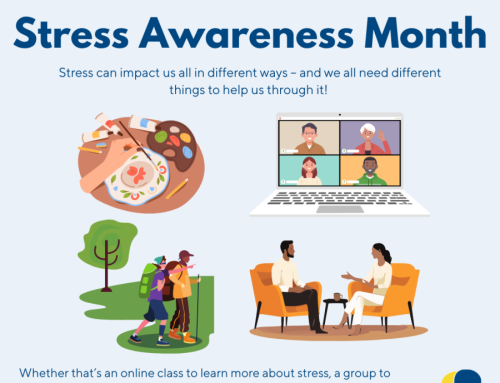This Ace Awareness Week, Ruth shares some things on what it means to them to be ace…
Is there anything you’d like to share about what it means to you to be asexual?
Being ace (which is short for asexual and is also the label I prefer to use) is a part of myself that I think I’ll always be learning more about, and there are lots of things that I’m still questioning.
I know that I’m not interested in having a sexual relationship, but I do want to have intimate relationships.
I value different kinds of intimacy, and I don’t see intimacy as predominantly sexual (like it is often portrayed in Western culture). Non-sexual physical intimacy like cuddling and physically being close; emotional intimacy like sharing your thoughts and feelings with someone else; and mental/intellectual intimacy like discussing shared interests and films or books, are the kinds of intimacy that bring me closer to those around me.
You can read more about different kinds of intimacy here The Different Types of Intimacy That Exist in Relationships
As well as being ace, I am also gay. I think this is important to note because it’s commonly overlooked that ace people might use an additional word which describes who they are attracted to. Ace people can be ace and bi, ace and straight etc.
Are there things you wish people knew about asexuality?
Asexuality/being ace is experienced on a spectrum, rather than it being two sides of a coin. It is more common than many people realise to feel as though you are in the grey area between allosexual (people who experience sexual attraction to others) and asexual (people who experience little to no sexual attraction).
Being aromantic/aro is a related term which is also experienced on a spectrum. It means experiencing little to no romantic attraction, as opposed to alloromantic – experiencing romantic attraction.
Are there any common misconceptions about being ace that you’d like to address and do you have any thoughts about how we can challenge them?
A big misconception is that ace people don’t want a relationship at all. I think this comes from a combination of the etymology of the word asexual (‘a-’ meaning not or without, and ‘-sexual’ referring to sex) and because in Western culture, having sex is often conflated with being in a relationship.
But having sex and being in a relationship don’t always go together. As we discussed in the previous question, ace and aro identities are both experienced on a spectrum, so different people experience a range of interest in romantic relationships, and their sexual attraction to others or desire to have sex. For example, even though I’m not interested in having a sexual relationship, I experience feelings of emotional and aesthetic attraction to people. A useful article on different forms of attraction featured in the online magazine Shape describes emotional attraction as a “shared experience of expressing and/or receiving love, respect, support, and acceptance because of someone’s mind and personality” and aesthetic attraction as attraction to a person’s physical appearance. These forms of attraction are what I associate with forming a relationship. I’m still in the process of figuring out if I experience romantic attraction, and linked to this, I find it hard to explain what it is. But you can check the article if you want to read more about it.
For people who are exploring their own sexuality and are interested in exploring whether they are asexual, do you have any advice or recommendations on resources they can use to find out more?
AVEN is the The Asexual Visibility and Education Network | asexuality.org and this is probably the main source for information about being ace.
I would recommend looking for information online about queer platonic relationships, queer platonic partners, and platonic life partners to find out about the different kinds of relationships that exist, which might be more suited to you than the kind of relationships that we see in the mainstream western culture.
There is also the annual Asexual Community Survey, which is open now! This is open to anyone within the ace community worldwide and is a great opportunity to contribute to greater understanding about the experiences of ace people.
Are there any kind of structural changes you’d like to see (whether in the workplace or beyond) that can create a more inclusive space for people who are ace?
I think that the key thing is not to assume that everyone wants or that they are in an allosexual relationship (where both partners experience sexual attraction). The form that a relationship takes, is down to the people in that relationship, meaning it can be uniquely adapted to their personalities, their wants and their needs. Keep this in mind when speaking about relationships with your colleagues, friends and family, clients and service users.





